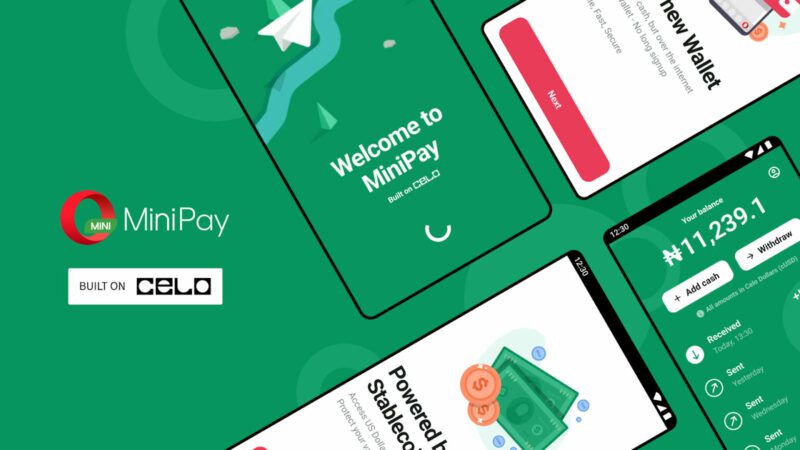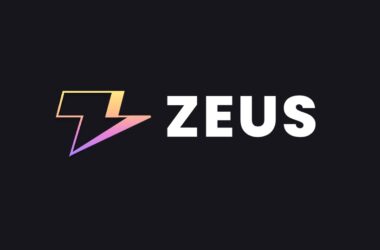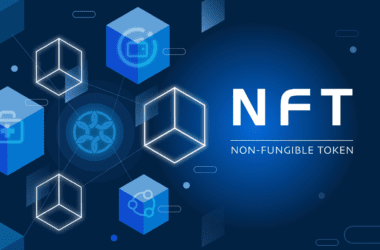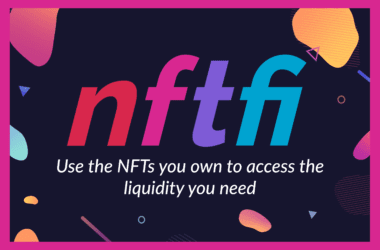Quick take:
- Opera Mini has launched MiniPay, a non-custodial stablecoin wallet for mobile devices.
- The wallet is built on Celo, a layer-2 scaling solution for the Ethereum network.
- The companies will use the Minipay to onboard millions of mobile users across Africa to Web3.
Opera has teamed up with Celo Foundation to integrate Minipay, a non-custodial stablecoin wallet, into its mobile browser. The two companies are targeting the African market with the product as they look to onboard millions of mobile users to Web3.
According to the announcement on Wednesday, Minipay will debut in Nigeria, with support in Kenya, Ghana and South Africa expected to follow soon.
Announcing the launch via a post on X (formerly Twitter) Minipay claims to offer fast transfers with low fees, powered by Web3.
In the announcement GIF, the company says users can easily sign up using their Google accounts. The wallet automatically stores user funds in a value tied to the US dollar. Users can send and spend the funds in their local currency.
The wallet also sends instant notifications to users after spending, sending or receiving a payment and they can also view and track all transactions.
And that’s not all, Minipay allows users to leverage their Opera Mini free data (up to 100MB per day) to transact even when they don’t have data. Users can only join Minipay via an invite-only prompt during the first month.
Commenting on his organisation’s partnership with Opera Mini, Rene Reinsberg, Celo Co-Founder and Celo Foundation President said that given Opera’s global footprint, the collaboration will help Celo achieve its dream at scale.
“By integrating the non-custodial MiniPay wallet directly into the popular Opera Mini browser, new and existing users will access a truly seamless experience with fast, transparent transactions on the Celo blockchain and be introduced to dApps and projects built on Celo that provide meaningful benefits for people in their everyday lives––this is the ‘killer’ use case the Web3 industry has been waiting for,” added Reinsberg.
This launch also comes following a vote in July by the Celo Foundation committee to migrate from layer-1 blockchain to Ethereum layer-2.
Jørgen Arnesen, EVP Mobile at Opera said the partnership is formed to address some lingering challenges expressed by Kenya, Nigeria, Ghana and South Africa, about high transaction fees, unreliable service uptimes, and lack of mobile data to make payments online.
“This partnership therefore represents a pivotal moment in the world of digital finance, with the ability to send, receive, and ultimately earn money in a permissionless way,” said Arnesen.
****
Stay up to date:
Subscribe to our newsletter using this link – we won’t spam!





